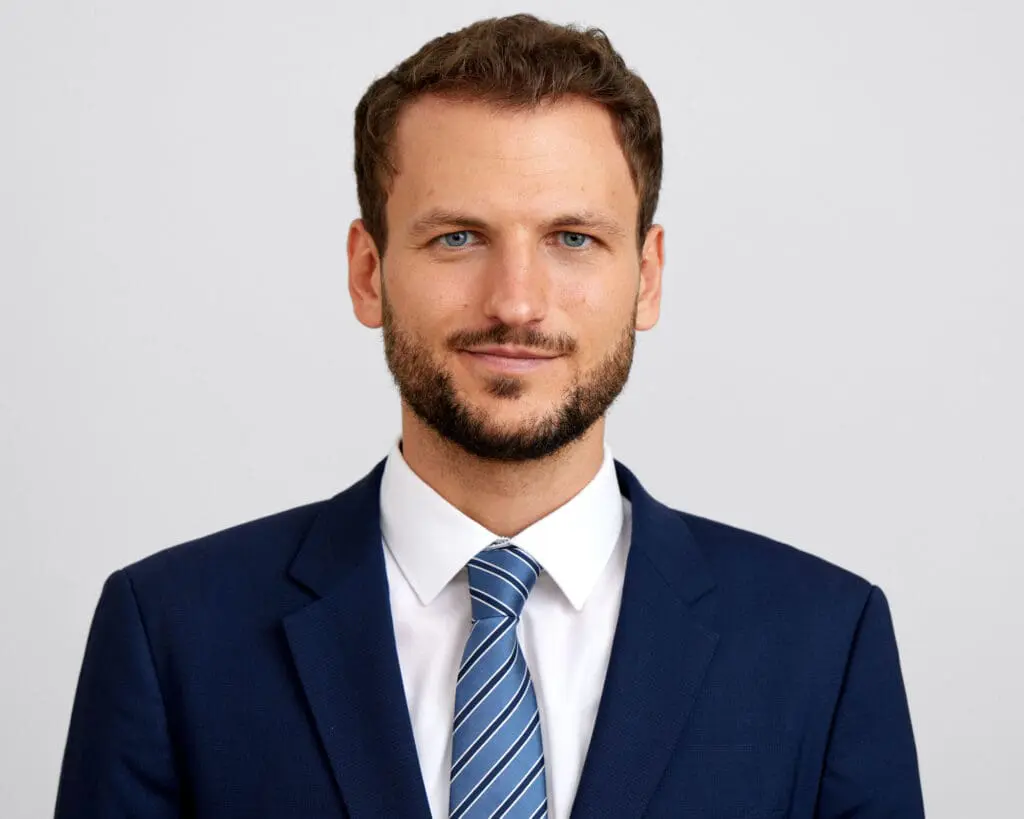General information
The starting point for money laundering is the possession of assets that originate from illegal activities. This includes proceeds from criminal acts such as typical offenses in commercial criminal law, such as embezzlement, fraud or misappropriation. Corruption offenses such as bribery or acceptance of undue advantages and numerous other criminal acts also come into consideration.
The aim of money laundering is to conceal the true origin of assets in order to cover up their illegal origin. Particularly high-risk sectors include the financial sector, the real estate industry and trading in luxury goods and cryptocurrencies.
Money laundering offense
Money laundering pursuant to Sec 165 para 1 of the Austrian Criminal Code (StGB) is committed by anyone who
- converts or transfers property derived from criminal activity with the intent to conceal or disguise its illicit origin or to assist another person involved in such criminal activity to evade the legal consequences of their act, or
- conceals or disguises the true nature, origin, location, disposition or movement of property derived from criminal activity.
Any person who knowingly takes possession of, stores, invests, administers, transforms, utilizes, or transfers to a third person any assets that are proceeds of one of the offenses listed in para 1 is liable to prosecution for money laundering under Sec 165 para 2 StGB.
According to Sect 165 para 5 StGB, criminal activities are acts punishable by more than one year’s imprisonment or acts punishable under Sec 229, 289, 293, 295 StGB or Sec 27 or Sec 30 of the Austrian Narcotic Substances Act (SMG) if they
- are subject to Austrian criminal law and were committed unlawfully or
- were committed abroad without being subject to Austrian criminal law, but according to both Austrian criminal law and – insofar as they are not offenses pursuant to Art. 2 no. 1 lit. a to e and h of Directive (EU) 2018/1673 on combating money laundering by criminal law, OJ No. L 284 of 12.11.2018 p 22, and applicable Union law – according to the laws of the place where the offense was committed, constitute an offense punishable by law and were committed unlawfully. It is not necessary that the perpetrator can be convicted of the criminal activity, nor that all elements of the facts or all circumstances relating to this activity, such as the identity of the perpetrator, are established.
Assets in accordance with Sec 165 StGB are assets of all kinds that demonstrate ownership or rights to such assets. This term includes tangible, intangible, movable or immovable, material or immaterial assets and legal titles or documents in any form, including electronic or digital. Units of virtual currencies such as cryptocurrencies (e.g. Bitcoin) and the increases in value attributable to them or rights evidenced by them – but not mere savings – such as unrealized losses in value, waivers of claims or saved expenses and charges are also covered by the term assets.
An item of property derives from a criminal activity ifthe perpetrator of the criminal activity obtained it through the act or received it for its commission, or if it embodies the value of the original item of property obtained or received.
Example
Anyone who knows that the funds received in the company account originate from a punishable embezzlement and makes false statements about the origin of the money in legal transactions is liable to prosecution under Sec 165 para 1 StGB.
Threats of punishment
From a national criminal law perspective, the penalty range for money laundering depends on the severity of the offense committed. The basic penalty is a prison sentence of at least six months to five years (Sec 156 para 1 StGB).
However, if the assets involved in the offense exceed a value of EUR 50,000, or if the subject of the offense is a member of a criminal organization that has joined forces to continue money laundering, the penalty is a prison sentence of one to ten years (Sec 165 para 4 StGB).
Money laundering prevetnion measures
Combating money laundering is not just a challenge for individual companies and countries, but a global issue with far-reaching consequences. The EU in particular is working hard to curb money laundering and adopted another comprehensive package of measures in May 2024. The new regulation on combating money laundering and terrorist financing harmonizes the rules across the EU for the first time by means of a regulation. Among other things, an upper limit of EUR 10,000 was introduced for cash payments and the scope of the regulations was extended to new obliged entities – including large parts of the crypto sector, luxury goods retailers and soccer clubs and agents.
Companies should firmly integrate money laundering compliance into their business processes in order to take preventative action against money laundering. For corporations, this means carefully reviewing both their own cash flows and those of their customers. A know-your-customer (KYC) check ofthis kind includes clarifying ownership, identifying beneficial owners and analyzing the background to transactions in detail.
In addition, it is advisable to develop codes of conduct for employees that regulate principles, procedures and behaviors for potential suspicious cases. In addition, training and workshops for employees can make a significant contribution to the effective prevention of money laundering.
Since compliance takes effect even before criminal offenses are committed, appropriate criminal compliance is also essential in today’s business world. This also prevents subsequent money laundering activities.
Support from a lawyer in the event of allegations of money laundering
Money laundering allegations are a serious accusation that requires the early involvement of a specialist criminal defense lawyer. This lawyer plays a central role in protecting the client’s rights and ensuring an effective defense. From the initial consultation to representation in court, the criminal defense lawyer is at the accused’s side in all phases of the proceedings.
A criminal defense lawyer carefully analyzes the evidence, develops a tailor-made defense strategy and handles communication with the prosecution authorities. The expertise of a specialized lawyer is often essential, particularly in the case of allegations in white-collar criminal law, in order to ensure that the client is treated fairly and to clarify the facts of the case professionally.




